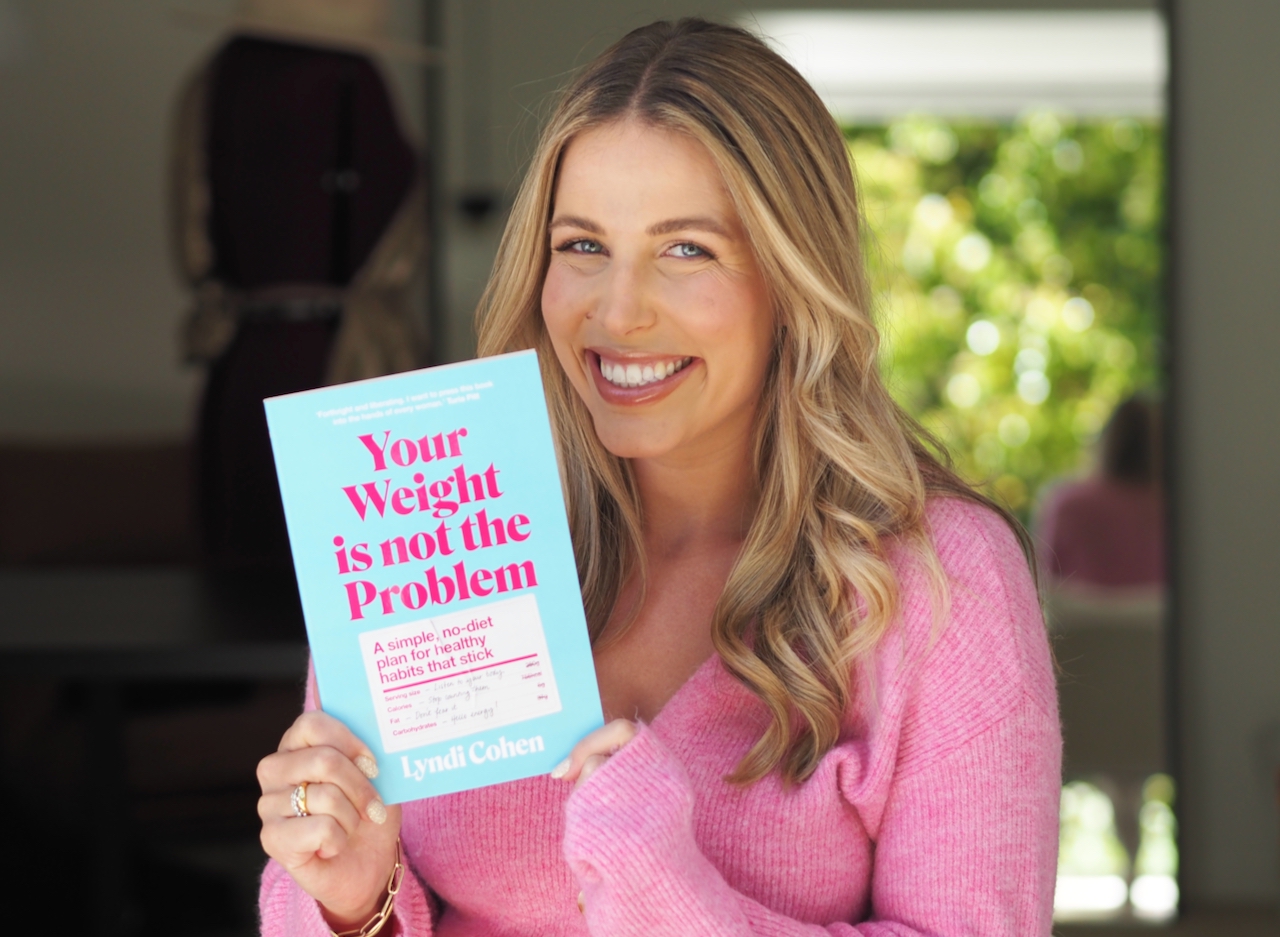For too long we’ve been sold the idea that we have to look a certain way to be healthy. And that’s just not the case. Media, peer pressure, and societal expectations can significantly influence both young girls and boys to grow up with body image concerns. This can lead to eating disorders, depression and feelings of worthlessness.
It is estimated that 25% of people who suffer from an eating disorder are male. Although these numbers can be underreported due to the stigma of eating disorders being a “female illness.” It’s concerning stuff.
So how can we help our kids grow up to have better self-esteem?
There are a few things to keep in mind if you want your child to learn how to eat intuitively, live healthily and love their body.
Be their super hero
Research shows that children may begin to worry about their weight and appearance as young as ages three to five. And the most powerful tool you have as a parent is to set an example. Your kids look up to you. They listen closely to everything you say and do. To them, you’re a hero. So, to raise children who have a healthy relationship with their body, following these principles is crucial.

Exercise because you love your body, not because you hate it.
Kids need to see that exercise should be enjoyable. It’s something we do because it makes our body feel good, not because we want to have a six pack.
Instead of making exercise feel like a chore or punishment, encourage daily movement. Help them retain the joy in physical activity from early childhood through team sports, outdoor games and by going on walks. Ask them what sports they like to play, and don’t just sit on the sideline- get involved and make it a fun family activity. Remember, exercise doesn’t need to suck.
Be aware of your food language
You were probably raised by parents who never said the phrase ‘healthy relationship with food.’ But this doesn’t mean you have to pass this on to your kids.
Forget about diets. Instead, eat mindfully around the table, focus on having fruit and veggies and eat a variety of food.
Ditch labeling food as ‘good,’ ‘bad,’ ‘treat,’ or ‘junk.’ This demonises food and teaches kids that food should be earned. Raising kids to have a healthy relationship with food is a whole topic in itself. Read this blog to learn more.

Help them build food trust
Imagine a world where any time your child wants a snack, it’s not just allowed, but encouraged. That’s the magic of food trust. No need for portion police – let them eat until they’re content.
Instead of telling them to finish everything on their plate, TRUST that they will eat until they’re comfortably full. This is so important in helping your kids build a healthy relationship with food and learn how to listen to their hunger and fullness cues.
Stop bitching about your body or other people’s bodies
Feeling down about your body? Caught in a conversation filled with negative body talk? It happens to all of us, and it’s not a fun ride.
If you see someone you think should lose weight, keep the comment to yourself. The same goes for commenting on your kids’ weight. Making negative remarks only teaches our kids to feel unhappy about their body and stress about their weight.
Often, we make these comments on autopilot because we’ve been told to judge our bodies. So let’s change that. Start by working on your body talk.
Don’t underestimate how important this is and the impact it has on raising kids who are much more accepting of how they look too.
Stop passing down body image concerns like a family heirloom
To promote a healthy body image in young kids, it’s important to encourage open, non-judgmental conversations, especially in the age of social media. Let them know it’s okay to talk about their appearance, and you’re there to listen without judgment. Initiate these conversations, ask questions, and listen to what they have to say.
As they get a bit older, educate them about social media and talk about how images are often edited and filtered. Help them understand that there is no single “ideal” body shape or size.
In a society that makes it so hard to love your body, it’s important to know how to navigate around who you follow that can help you improve your body image, and pass this on to your kids.

Teach them how to be more like Mister Rogers
Building a positive body image involves teaching kids self-compassion. Mr, Rogers was a beloved TV host and creator of “Mister Rogers’ Neighbourhood.” He showed us how to be kind, compassionate and accept ourselves just the way we are. So try to keep the same vibe for your kids.
- Remind them that it’s normal to feel unsure about themselves and everyone wishes something about them was different.
- Tell them to treat themselves kindly, just like they would a friend.
- Celebrate their achievements and point out their qualities that have nothing to do with looks- like how kind, smart or creative they are.
By helping kids develop self-compassion, you’re helping them build a positive body image as well as giving them the tools to handle challenges and setbacks in life.
Raising kids with a healthy body image is important stuff
But the chances are, you’re not always going to get it right. You’re only human.
Apologise or explain when you’re wrong, encourage open conversations, lead by example and teach self-compassion. This can raise kids who grow into young men that are self-assured and at peace with their bodies.
Speaking of parenting – it’s bloody hard work! My Back to Basics app is chock-full of simple, nutritious recipes that are perfect for busy family life. Try it free for 7-days.